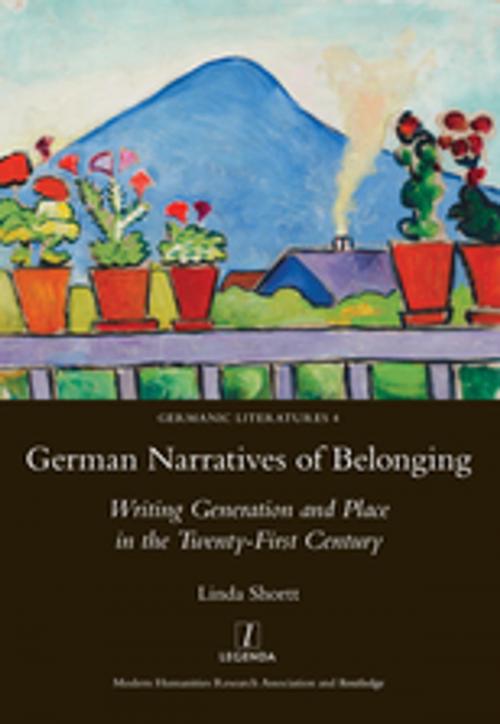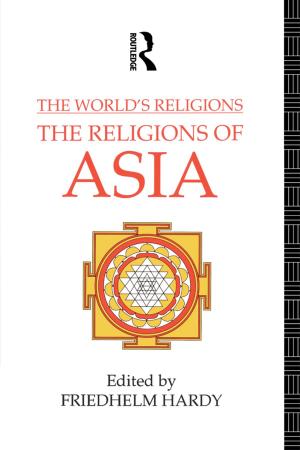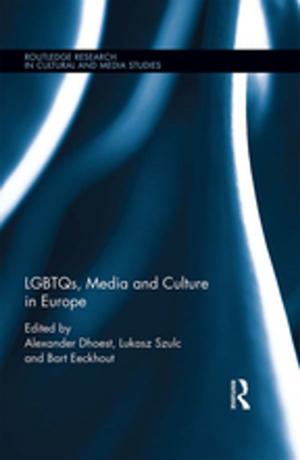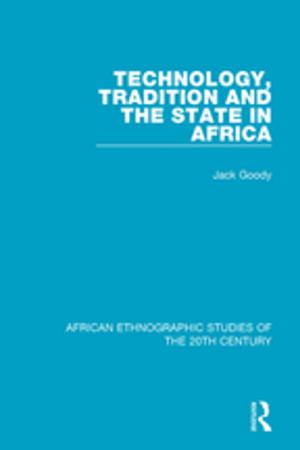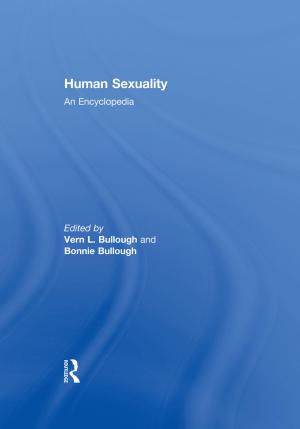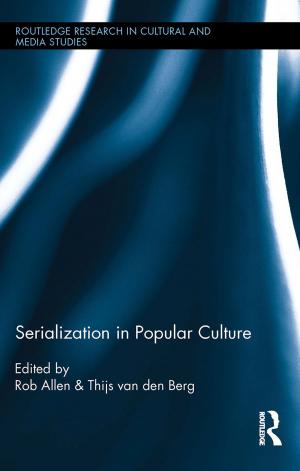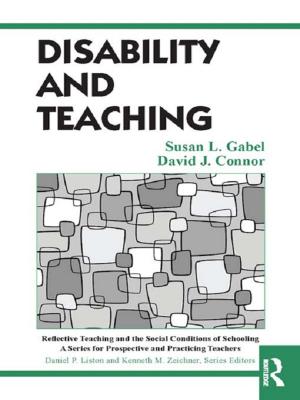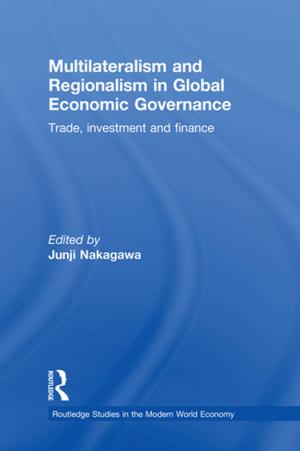German Narratives of Belonging
Writing Generation and Place in the Twenty-First Century
Nonfiction, Reference & Language, Foreign Languages, Language Arts| Author: | Linda Shortt | ISBN: | 9781351565684 |
| Publisher: | Taylor and Francis | Publication: | July 5, 2017 |
| Imprint: | Routledge | Language: | English |
| Author: | Linda Shortt |
| ISBN: | 9781351565684 |
| Publisher: | Taylor and Francis |
| Publication: | July 5, 2017 |
| Imprint: | Routledge |
| Language: | English |
Since unification, German culture has experienced a boom in discourses on generation, family and place. Linda Shortt reads this as symptomatic of a wider quest for belonging that mobilises attachment to counter the effects of post-modern deterritorialisation and globalisation. Investigating twenty-first century narratives of belonging by Reinhard Jirgl, Christoph Hein, Angelika Overath, Florian Illies, Juli Zeh, Stephan Wackwitz, Uwe Timm and Peter Schneider, Shortt examines how the desire to belong is repeatedly unsettled by disturbances of lineage and tradition. In this way, she combines an analysis of supermodernity with an enquiry into German memory contests on the National Socialist era, 1968 and 1989 that continue to shape identity in the Berlin Republic. Exploring a spectrum of narratives that range from agitated disavowals of place to romances of belonging, this study illuminates the topography of belonging in contemporary Germany.
Since unification, German culture has experienced a boom in discourses on generation, family and place. Linda Shortt reads this as symptomatic of a wider quest for belonging that mobilises attachment to counter the effects of post-modern deterritorialisation and globalisation. Investigating twenty-first century narratives of belonging by Reinhard Jirgl, Christoph Hein, Angelika Overath, Florian Illies, Juli Zeh, Stephan Wackwitz, Uwe Timm and Peter Schneider, Shortt examines how the desire to belong is repeatedly unsettled by disturbances of lineage and tradition. In this way, she combines an analysis of supermodernity with an enquiry into German memory contests on the National Socialist era, 1968 and 1989 that continue to shape identity in the Berlin Republic. Exploring a spectrum of narratives that range from agitated disavowals of place to romances of belonging, this study illuminates the topography of belonging in contemporary Germany.
